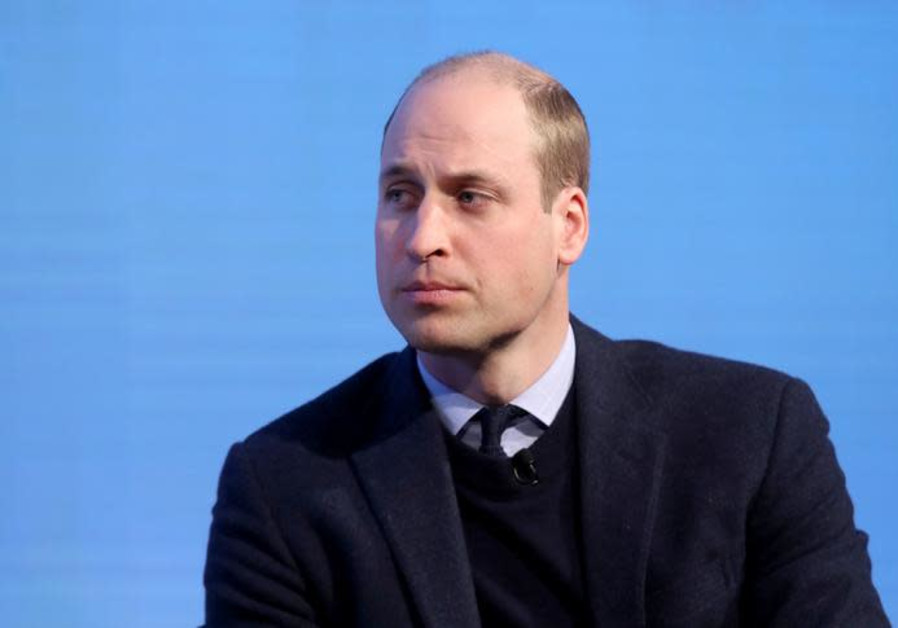The statement said that the visit is “at the request of Her Majesty’s Government and has been welcomed by the Jordanian, Israeli, and Palestinian authorities.”

With the wedding of Prince Harry and Meghan Markle behind them, Kensington Palace now has time to focus on Prince William’s upcoming visit to the region, and on Friday announced the dates of his scheduled trip.
Under the headline “The Duke of Cambridge visit to Jordan, Israel, and the Occupied Palestinian territories,” Kensington Palace in London, where the offices of the Royal Household are housed, issued a statement saying that the visit will begin in Jordan on June 24, with William arriving in Tel Aviv the next day.
He will be in Israel until June 28, with a trip to Ramallah on June 27.
The statement said that the visit is “at the request of Her Majesty’s Government and has been welcomed by the Jordanian, Israeli, and Palestinian authorities.”
This will be the first state visit to Israel by a member of the royal family since British mandatory rule ended here 70 years ago. No details of whom William will meet or what specific sites he will visit have yet been announced.
Prime Minister Benjamin Netanyahu welcomed the visit in March when it was first announced, saying “it is a historic visit, the first of its kind, and he will be received here with great enthusiasm.”
While members of the royal family have never made state visits to Israel, they have traveled widely in the Arab world, including to Jordan. Prince Charles was in Israel twice, but only to attend funerals: Yitzhak Rabin’s in 1995 and Shimon Peres’s in 2016.
During the latter trip, he also visited the grave of his grandmother Princess Alice of Battenberg, the mother of Prince Phillip, who is buried at the Convent of Saint Mary Magdalene on the Mount of Olives.
Palestinian Authority President Mahmoud Abbas’s office in March termed the visit an important one “which we hope will contribute to strengthening ties of friendship between the two peoples.”
With the United Kingdom due to leave the European Union, greater involvement in the Mideast – the kind of involvement symbolized by this type of trip – is viewed by some in Jerusalem as a way for London to retain some of the stature and influence on the world’s stage that it will lose by leaving the EU.
Though there are significant political differences between London and Jerusalem regarding the Iranian nuclear agreement and the Palestinian issue, there is also a great deal of cooperation, and ties between the two countries – according to diplomatic officials – have never been as broadly based. Some 400 Israeli firms operate in the UK and two-way trade last year reached $7 billion, a 25% increase from the year before.
As reported by The Jerusalem Post
